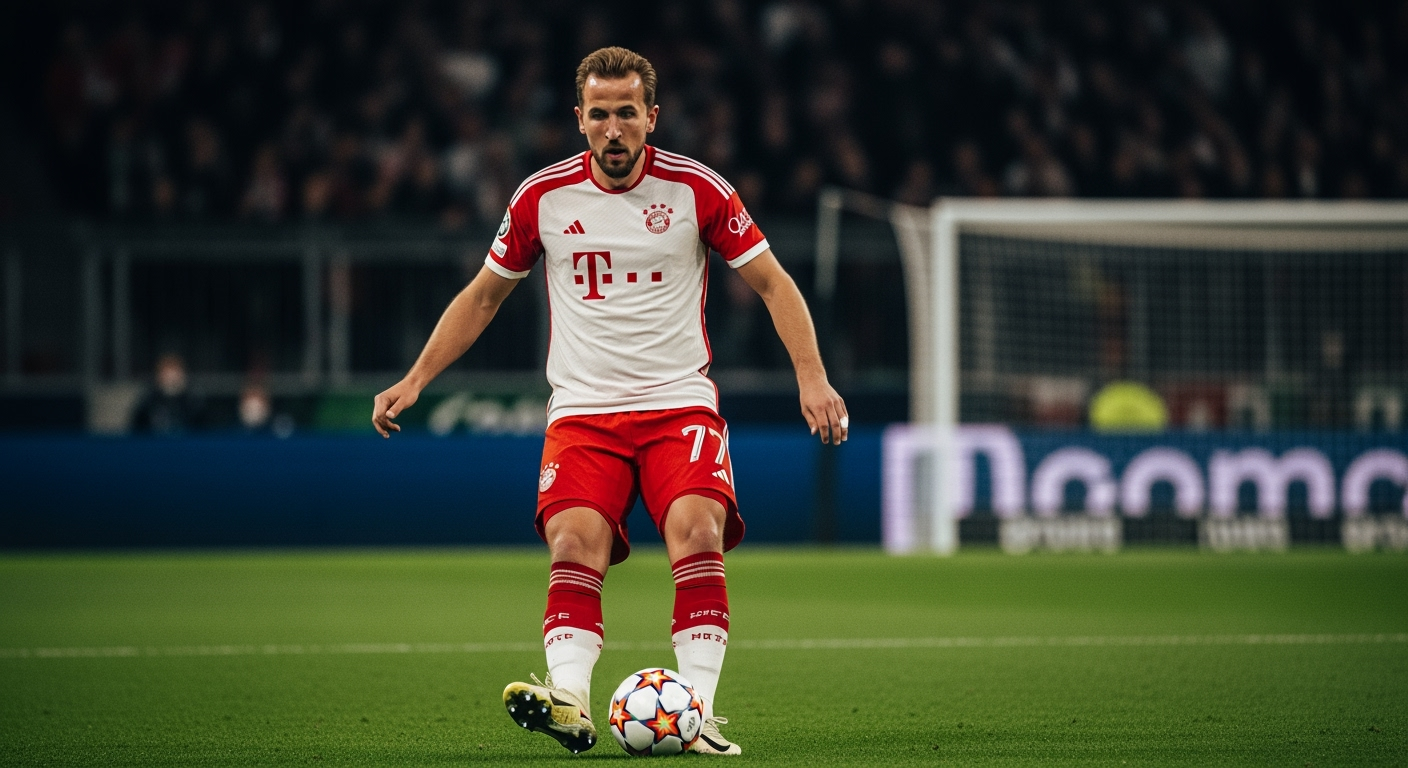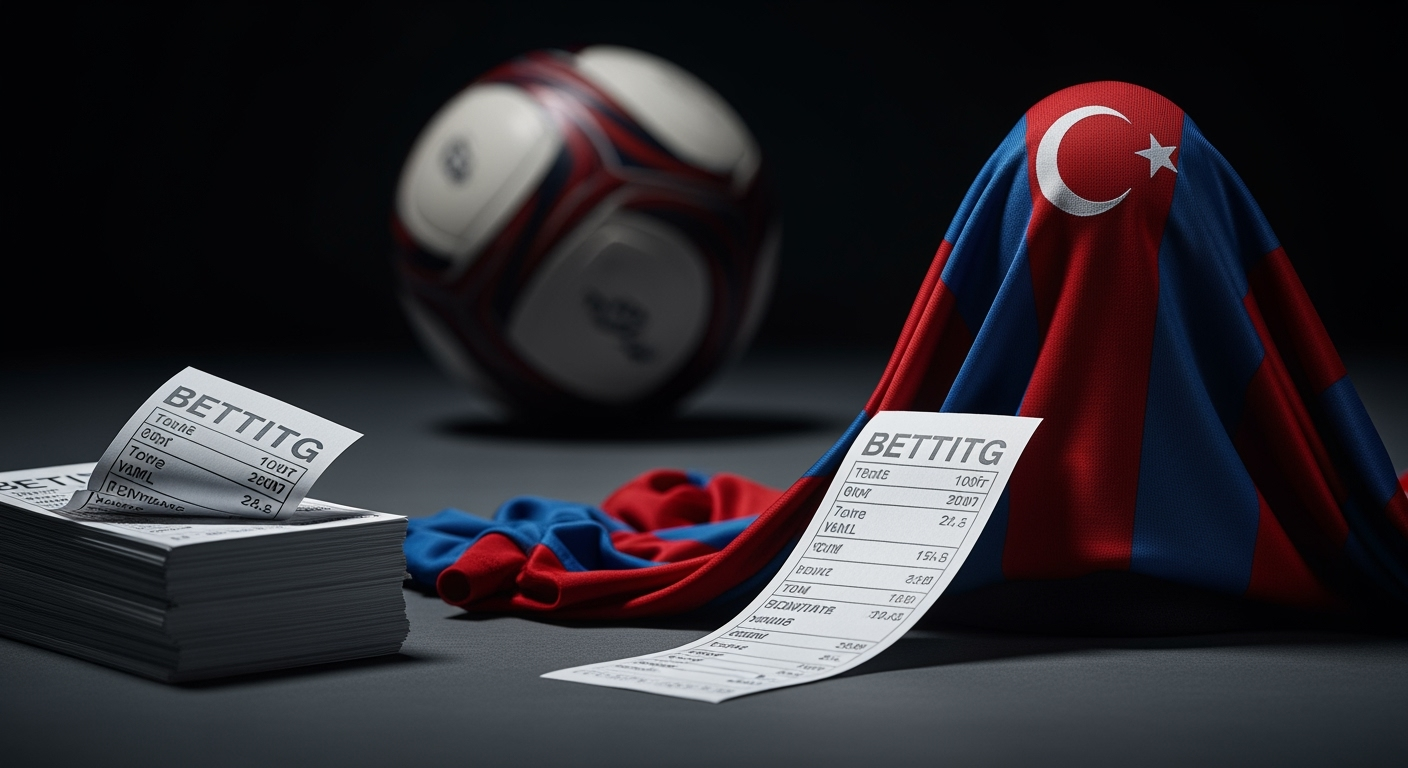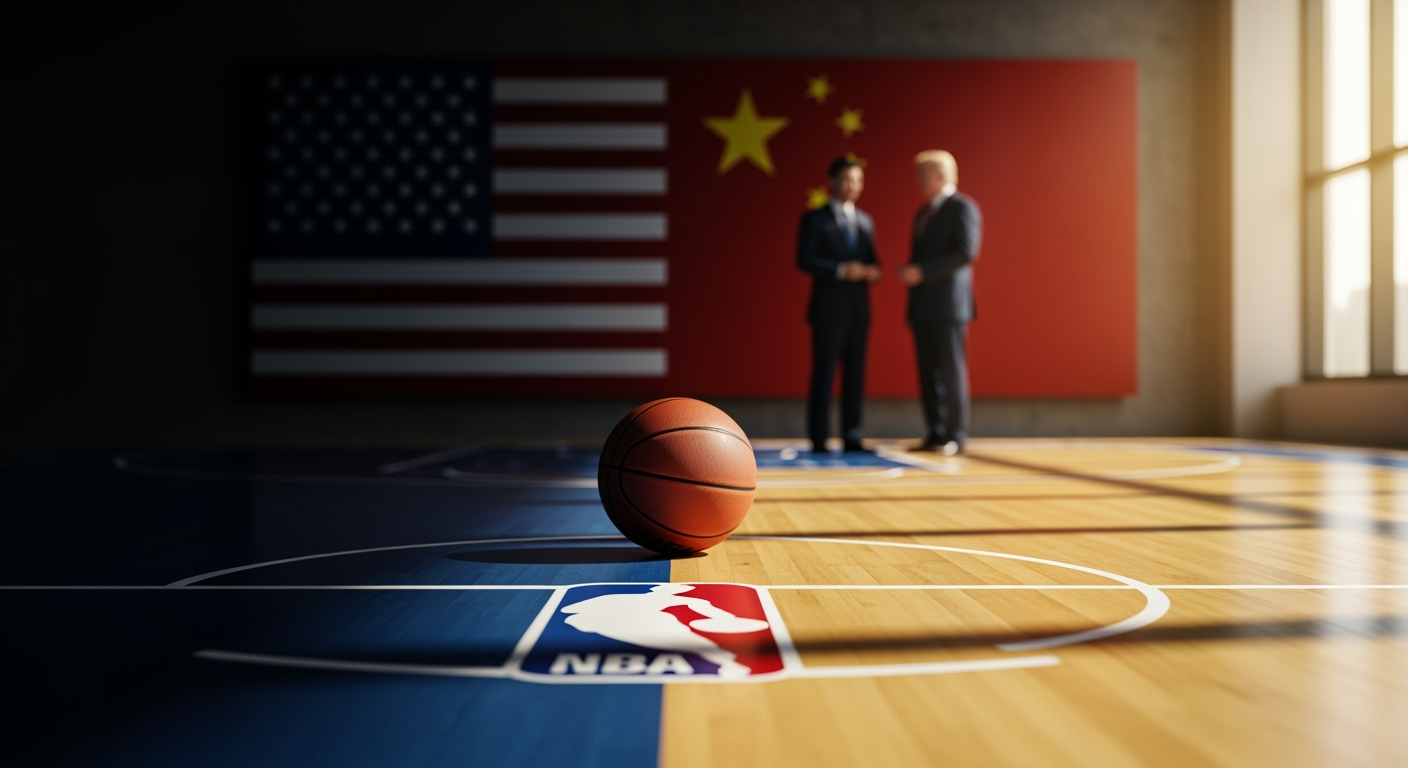Related Articles

Harry Kane: The Unprecedented Goal-Scoring Phenomenon at Bayern Munich




Macau, China – After a six-year hiatus prompted by a contentious tweet, the National Basketball Association (NBA) is making a calculated return to China, hosting preseason games in Macau amidst a delicate geopolitical landscape marked by persistent US-China tensions and an anticipated meeting between American and Chinese leaders. The return of the Brooklyn Nets and Phoenix Suns for two exhibition games represents a significant step in mending a lucrative relationship that unraveled in late 2019, underscoring the complex interplay between global commerce and international diplomacy.
The deep rift between the NBA and China originated in October 2019, when Daryl Morey, then-general manager of the Houston Rockets, posted a tweet expressing solidarity with pro-democracy protesters in Hong Kong. The four-word message, "Fight for freedom, stand with Hong Kong," ignited an immediate and severe backlash from Beijing. Chinese government entities, including the Chinese Basketball Association (CBA), along with major sponsors like Li-Ning and Shanghai Pudong Development Bank, swiftly moved to sever ties with the NBA and, specifically, the Rockets.
The financial fallout was substantial and rapid. Tencent, the NBA's long-standing digital rights holder in China, blacklisted Morey and suspended all coverage of the Houston Rockets, a team that had garnered immense popularity in China due to its former star, Yao Ming. State broadcaster CCTV, a critical platform for NBA viewership, also pulled league games from its programming. The league's initial response, which included statements in both English and Mandarin that appeared to distance itself from Morey's comments while also acknowledging his right to free expression, drew criticism from both sides of the Pacific. While NBA Commissioner Adam Silver defended Morey's freedom of speech, the Chinese government viewed the tweet as an unacceptable interference in its internal affairs. The financial repercussions were staggering, with the NBA reporting losses estimated to be in the "hundreds of millions of dollars," potentially reaching up to $400 million in lost revenue. The Chinese market, previously valued at approximately $5 billion for the NBA, represented its largest international revenue stream, making the dispute particularly damaging.
The current return, marked by the Brooklyn Nets and Phoenix Suns playing two preseason games in Macau, is a carefully orchestrated effort to re-establish the league's presence in a vital market. Macau, a special administrative region of China, is often characterized as a "soft landing" or "testing ground" for the NBA's broader re-engagement, avoiding the immediate political sensitivities of a return to mainland Chinese cities. The choice of Macau is also notable as it is the only region in China where casino gambling is legal, and the games are being held at the Venetian Arena, owned by the Las Vegas Sands conglomerate.
This re-entry is underpinned by renewed commercial agreements. Tencent, which suspended coverage in 2019, has reportedly extended its broadcasting deal with the NBA through 2027, ensuring the league's games are once again widely available to Chinese audiences. Furthermore, new partnerships have been forged, including a multi-year deal with Alibaba's cloud business to enhance live game viewing and fan engagement experiences. A strategic partnership with the Chinese Basketball Association (CBA) has also been announced, focusing on youth basketball development and providing opportunities for Chinese teams to participate in NBA Summer League and WNBA preseason games in the United States. These comprehensive agreements signal a concerted effort by the NBA to rebuild its commercial and cultural ties, with reports suggesting a commitment to host two annual games in China for the next five years.
The NBA's return to China unfolds against a backdrop of persistently "shaky US-China relations," further complicated by a planned meeting between former US President Donald Trump and Chinese President Xi Jinping. While the NBA-China rift predates the most recent geopolitical tensions, the league's re-engagement is intricately woven into the broader narrative of economic and political competition between the world's two largest economies. The initial Morey controversy occurred months after a June 2019 meeting between Trump and Xi at the G20 summit in Osaka, Japan, which aimed to de-escalate trade tensions. However, the current landscape in October 2025 sees an anticipated meeting between Trump and Xi on October 30 in South Korea, on the sidelines of the Asia-Pacific Economic Cooperation (APEC) summit. This highlights the continuous need for American corporations to navigate complex political scrutiny at home while trying to appeal to the massive Chinese consumer market. The "Trump-era rhetoric" and renewed discussions of tariffs underscore the delicate balance the NBA, and other global businesses, must strike in this environment.
Despite the official ban on broadcasts and the six-year absence of live games, the popularity of basketball in China has remained remarkably resilient. With an estimated 125 million people playing basketball, and a significant portion of the population considering it their favorite sport, the demand for NBA content persisted through alternative channels. The sold-out status of the Macau games within hours of ticket release underscores the deep-seated passion of Chinese fans. Many fans, like 19-year-old Qin Junhong, expressed excitement at the return, noting they remembered little of the past dispute. The NBA's enduring appeal in China, fueled by figures like Yao Ming in the past and the global reach of the league, makes the market "too big to ignore" despite the political challenges.
The league's commitment to youth development through its partnership with the CBA indicates a long-term strategy to cultivate future generations of players and fans, aspiring to discover the "next Yao Ming." This phased re-engagement, starting with Macau, signals the NBA's intent to gradually rebuild its presence and deepen its roots in a country that represents a critical component of its global strategy.
The NBA's tentative return to China, marked by the preseason games in Macau, is more than just a sports event; it is a significant commercial and diplomatic maneuver. It signifies the league's calculated effort to recover from a costly geopolitical fallout while navigating the ongoing complexities of US-China relations. As the NBA seeks to reclaim its once-dominant position in the Chinese sports market, its success will offer a compelling case study on how global enterprises can balance economic imperatives with the ever-present pressures of international politics. The games serve as a barometer, not only for the future of NBA basketball in China but also for the broader dynamics of engagement between two global powers.